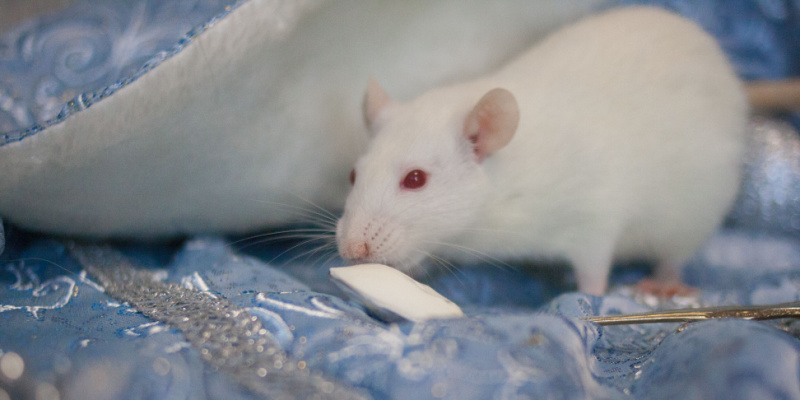
Can Rats Spread Disease?
Rats have been known to spread disease since medieval times. In the past, they were responsible for the Spread of the Black Death throughout Europe. Today, they are still considered a public health hazard due to their ability to carry and transmit several diseases to humans. While the risk of contracting these diseases from rats is low, it is still essential to be aware of the potential for transmission.
How do rats spread disease?
Rats are often blamed for spreading disease, but how do they actually do it? It turns out that rats can transmit disease in several ways. One way is by contaminating food and water with their urine or feces, which can lead to disease outbreaks. They can also transmit diseases directly to humans through bites or scratches. Finally, rats can indirectly spread diseases by contaminating the environment with fleas or mites that carry disease.
What diseases can rats spread?
Rats are one of the most common animals found in urban areas. While they may seem cute and harmless, they can be quite dangerous. Rats can spread various diseases, some of which can be fatal to humans. Some diseases that rats can spread include lymphocytic choriomeningitis (LCMV), hantavirus, tularemia, salmonellosis, and leptospirosis.
- Lymphocytic choriomeningitis (LCMV)
- Lymphocytic choriomeningitis (LCMV) is a viral infection that can cause serious neurological problems. Despite its potentially severe consequences, it is often overshadowed by other, more well-known viruses. This is likely because LCMV is relatively rare, with an estimated 1-2% of the population infected each year. The virus is most commonly found in rodents but can be spread to humans.
- Hantavirus
- Hantaviruses are a type of virus that can cause severe respiratory illness in humans. These viruses are typically spread through contact with rodents or their droppings and can be found in many parts of the world. Symptoms of hantavirus infection include fever, headache, and muscle aches, and can often progress to more serious respiratory problems such as pneumonia. Therefore, early diagnosis and treatment of hantavirus are critical, as it can become fatal if left untreated.
- Tularemia
- Tularemia is a rare bacterial infection that can be deadly in humans. The bacteria that cause tularemia are found in animals, particularly rabbits and rodents. People can become infected through contact with infected animals or their carcasses or by inhaling the bacteria. Ticks and fleas can also spread tularemia. Symptoms of tularemia include fever, chills, headache, muscle aches, joint pain, fatigue, and swollen lymph nodes. Early diagnosis and treatment are critical, as the infection can rapidly progress into a life-threatening illness.
- Salmonellosis
- Salmonellosis is a serious bacterial infection that can cause severe diarrhea, vomiting, and fever. It is most often caused by eating contaminated food, but it can also be contracted through contact with infected rodents. Salmonellosis can be life-threatening, particularly to young children, the elderly, and those with weakened immune systems. Therefore, early diagnosis and treatment are critical to preventing severe complications from this disease.
- Leptospirosis
- Leptospirosis is a bacterial infection that affects both humans and animals. It is caused by a group of bacteria called Leptospira. These bacteria are found in soil and water and can enter the body through cuts or breaks in the skin, or through the eyes, nose, or mouth. Humans can become infected if they come into contact with contaminated water or soil or if they are bitten or scratched by an infected animal. Leptospirosis can cause a wide range of symptoms, from mild to severe. In severe cases, it can lead to kidney failure, meningitis, or even death.
In conclusion, to prevent rat-bourne diseases, keep food in sealed containers, keep trash in bins with tight lids, and clean up any water left out. If you have to handle rat feces or carcasses, wear gloves and wash your hands afterward. Most importantly, if you have rats in your home, it’s time to call a pest control company! ECPC Pest Control can take care of your rodent problem quickly and thoroughly, leaving you with valuable peace of mind and a rat-free home!
